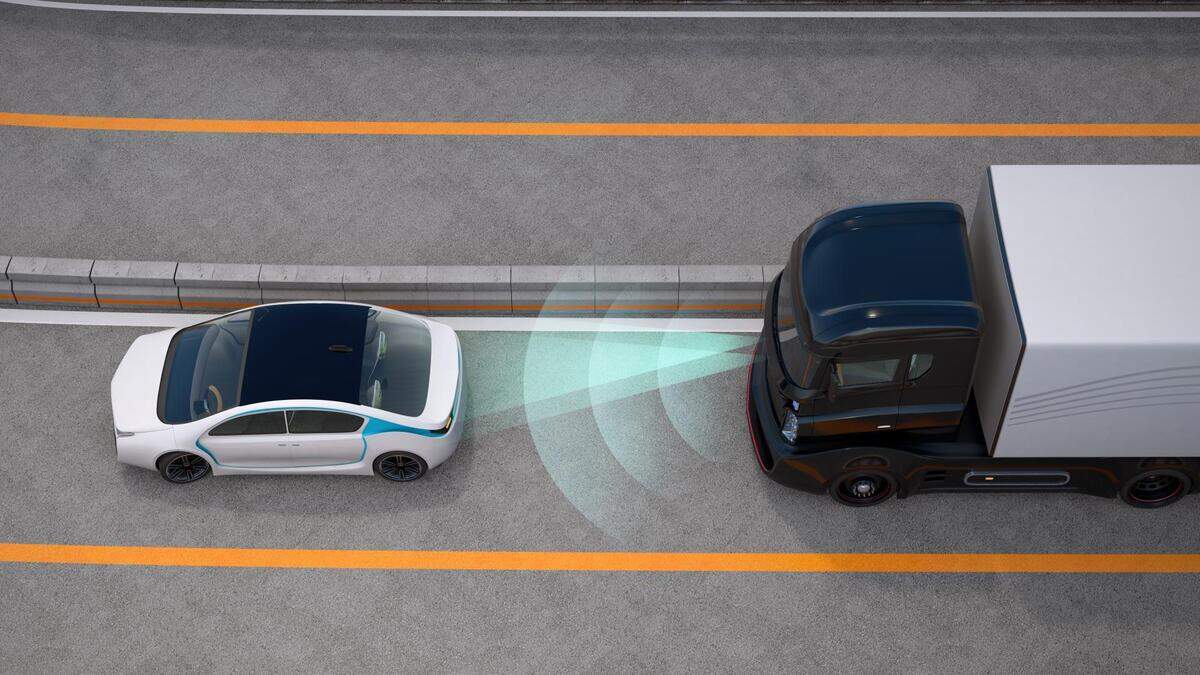Luxembourg is planning to introduce a draft law to regulate driverless road vehicles and prepare the country to become a hub for the growing industry, two government ministers have told a parliamentary committee meeting.
The aim of the draft bill, which will be presented soon, said Economy Minister Lex Delles and Transport Minister Yuriko Backes, is to make Luxembourg a European hub of innovation, creating job opportunities and attracting technology experts. The country wants to attract new talent, especially engineers and AI specialists, and to encourage companies and research centres to invest in the area.
Luxembourg has the ideal conditions to become a hub for the sector, thanks to its size, its modern road network and the close co-operation between the public and private sectors, the ministers said on Thursday at a closed-door joint meeting of parliament’s transport and economy committees, according to a report of the meeting published on parliament’s website.
Self-driving cars on motorways
The plan focuses on five areas targeted for rollout. These include so-called robotaxis – driverless cars for on-demand transport – as well as shuttle services that connect certain neighbourhoods to public transport stops, automatic parking systems, intelligent logistics for goods transport and the implementation of an autopilot system on motorways, which the ministers argue should allow for safer long-distance journeys.
Also read:Self-driving cars to be tested on Luxembourg roads
According to the government, these technologies can improve traffic conditions, increase road safety and make it easier for people to move around.
However, the ministers said they recognise that there are major challenges ahead. Some deputies on the parliamentary committees expressed concern about what might happen in terms of liability in the event of an accident. Others said they were worried about the impact of self-driving vehicles on employment, since the transport sector could be one of the most affected by automation.
Backes and Delles stressed that the introduction of automated vehicles will be progressive and well planned, without jeopardising current jobs. Their aim is to accompany the changes with training and retraining, in collaboration with Adem and the University of Luxembourg, to prepare workers for new, different roles.
“Automated driving will not eliminate jobs overnight, but will create new opportunities,” the ministers said, pointing out that there is a shortage of skilled labour in various technical areas.
Improved infrastructure
Another point of discussion was the need for improved infrastructure. To welcome more autonomous vehicles, the country will have to invest in facilities such as digital communication systems between vehicles and traffic lights, as well as in monitoring centres.
For these reasons, the ministers said, there will be no drastic changes in the short term, but rather a progressive adaptation, with Backes and Delles stressing the importance of co-operation with the neighbouring Greater Region countries.
Also read:Stellantis, China’s Pony AI to test autonomous vans in Europe
Luxembourg does not want to wait for a European regulation before taking action, the ministers told committee members, according to a report of Thursday’s meeting.
A national strategy will make it possible for Luxembourg to create its own legal framework, which can then be aligned with EU rules further down the line. The government believes it will be advantageous to act now so that the country is ready for the time when self-driving vehicles become commonplace throughout Europe.
(This article was originally published by Contacto. Machine translated, with editing and adaptation by Alex Stevensson.)
